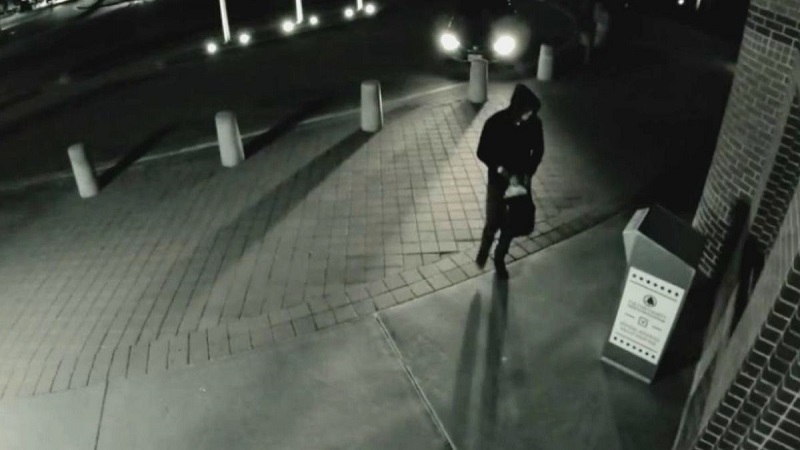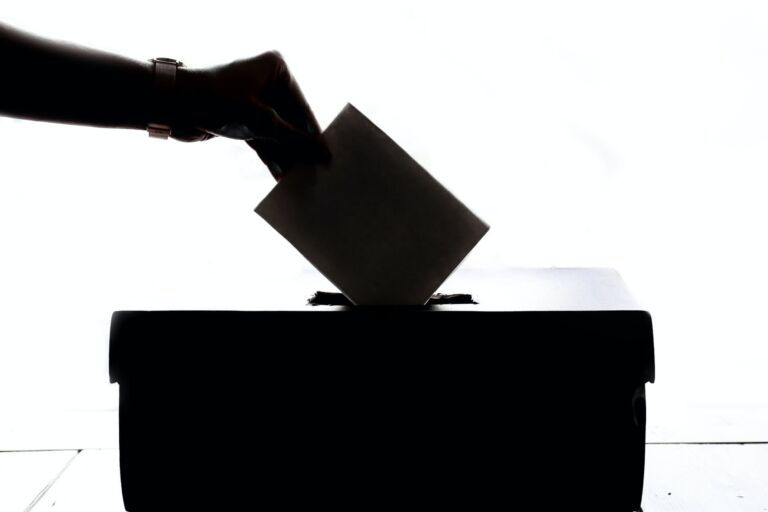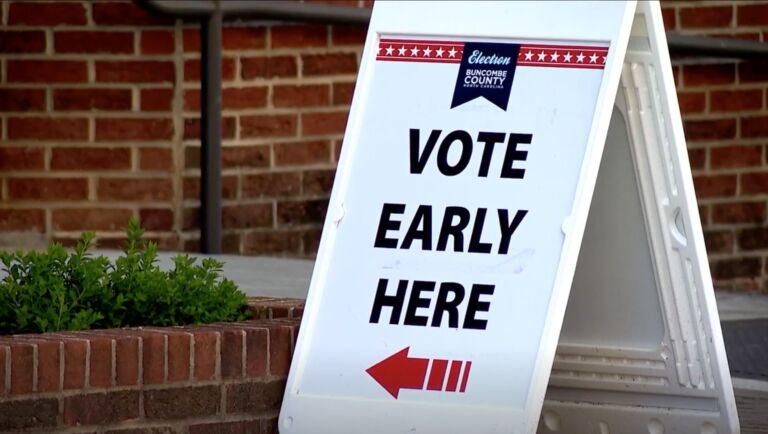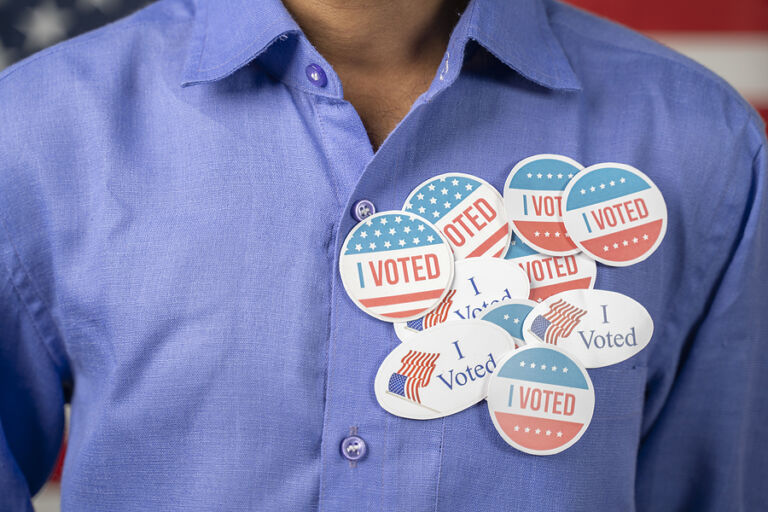- The 9th Congressional District race of 2018 has made North Carolina ground zero for understanding ballot trafficking
- The movie “2000 Mules” shows behavior patterns in several states during the 2020 election similar to that in the alleged ballot trafficking in Bladen County in 2018
- The film puts together significant evidence of absentee ballot fraud, but since it does not present conclusive proof, further investigation is needed
The film “2000 Mules,” made by conservative author and political commentator Dinesh D’Souza, details evidence of alleged absentee ballot fraud in several states. It highlights a recent case of such alleged fraud in North Carolina and shows ballot trafficking methods similar to those used in the North Carolina case.
North Carolina: Ground Zero for Ballot Trafficking
Ballot trafficking (or ballot harvesting) is the practice “in which a candidate’s or a party’s supporters round up as many voted absentee ballots as they can for hand delivery.”
This practice can be problematic for three main reasons: those collecting the ballots can discard those ballots they suspect are cast for the “wrong” candidate, they can open the ballots and change the votes on them, or they could collect partially completed ballots and complete the ballots themselves. Additionally, ballot traffickers may intimidate or otherwise unduly influence voters while they are marking their ballots.
North Carolina became ground zero for ballot trafficking in 2018 when the North Carolina State Board of Elections (SBE) refused to certify the 9th Congressional District election. During an SBE hearing on alleged ballot trafficking in that race, evidence emerged that people associated with McCrae Dowless (a political operative working for Republican candidate Mark Harris) and the Bladen County Improvement Association (paid by the Democratic Party) illegally took possession of voters’ absentee ballots. Some associates of Dowless testified that they witnessed people marking ballots for voters, which is also illegal.
For that reason, “2000 Mules” includes a discussion of what happened in the 9th District to set the stage for what they disclose in the rest of the film.
What the Makers of “2000 Mules” Found and How They Found It
The movie highlights the work of True the Vote. The organization seeks to “restore America’s confidence in our electoral process” by promoting election integrity and helping activists “constantly engage” in the electoral process.
The film’s centerpiece is a commercially available set of data True the Vote uses to track the movement of cellphones across several cities in five targeted states, such as Atlanta, Georgia, and Philadelphia, Pennsylvania. The technology is similar to that used to track people who participated in the January 6 protest and riot at the U.S. Capitol building.
The researchers at True the Vote traced zones around drop boxes, where people can place completed ballots, in the targeted cities and noted when phones were within those zones multiple times. To limit the number of false positives, they considered only carriers of phones that went within at least ten drop box zones and the facilities of at least five nonprofit organizations (believed to provide marked ballots for delivery) to be the titular “mules.” The term “mule” comes from “drug mules,” people who personally smuggle drugs for others. Ballot drop boxes are legal in Georgia.
The filmmakers supplement their geolocation data with security video footage of individuals depositing ballots in drop boxes. D’Souza said mules’ phones were geolocated at those drop boxes during those times. The movie also includes testimony from an anonymous source who said she was involved with a ballot trafficking operation in Arizona.
The pattern noted in the movie fits the pattern seen in the alleged ballot trafficking in Bladen County. As summarized on pages 20–21 of the first day of the SBE hearing on that alleged ballot trafficking, workers would first gather ballots, including those only partially marked or in unsealed envelopes, and deliver them to Dowless’ office. The workers would later take the ballots and mail them in batches of ten or less at post offices near the homes of the voters whose ballots they took. The program delivered ballots that way to avoid raising a red flag with election officials.

Still from “2000 Mules” showing one “mule” taking ballots out of a backpack to deposit in a ballot drop box.
What “2000 Mules” Is, and What it Isn’t
Absentee ballot fraud is difficult for election officials to detect. When they manage to detect it and report it to law enforcement, the fraud is rarely investigated, much less prosecuted.So, people expecting what is shown in “2000 Mules” to result in criminal convictions will likely be disappointed.
The geolocation data by itself does not prove that the alleged mules used those drop boxes. At least some of those suspected mules could have just stopped near them as part of their regular routines. The sheer volume and variety of those stops near ballot drop boxes stretch credulity and raise suspicion, but suspicion alone is insufficient for prosecutions.
The ties between the timing of geolocated visits to ballot drop boxes and the video footage of people placing ballots in those drop boxes are not strong enough to establish firmly that the people in the videos were definitively the mules detected through geolocation. A smoking gun would have been the videos conclusively synched with geolocation data showing the same people depositing ballots in multiple drop boxes. The film does not have that.
The film also does not provide any information on the other half of the ballot trafficking system: getting the ballots from voters.
D’Souza apparently knows that what he presents in the movie is not enough to prove fraud, so he wants authorities to take up what they have found and investigate.
One problem is that True the Vote has resisted sharing its information with election officials. The Georgia State Election Board has issued subpoenas to True the Vote to get them to turn over the names of people they allege have been engaged in ballot trafficking. True the Vote’s Catherine Englebrecht and Gregg Phillips were scheduled to be deposed by Georgia elections officials on May 26.
“2000 Mules” provides pieces of the absentee ballot fraud puzzle, but the film by itself is not going to send anyone to jail or overturn an election.


